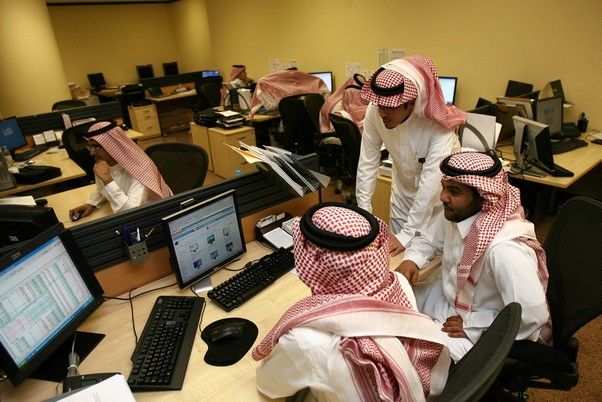In a landmark move aligning with its Vision 2030 initiative, Saudi Arabia has introduced regulatory changes permitting foreign investors to own pharmacies within the Kingdom. This development signifies a substantial shift from previous policies that restricted pharmacy ownership exclusively to Saudi nationals.
Historical Context
Traditionally, Saudi Arabia’s pharmaceutical sector was tightly regulated, with ownership of pharmacies and related establishments limited to citizens. This approach aimed to ensure local control over the distribution of medicinal products and maintain stringent oversight of the industry. However, as part of broader economic reforms, the Kingdom has been progressively opening various sectors to foreign investment.

Regulatory Changes
The pivotal change occurred with the enactment of the Pharmaceutical and Herbal Establishments and Substances Regulation on April 16, 2020. This new law replaced the earlier Pharmaceutical Establishments and Substances Regulation of 2004, introducing several key modifications:
- Foreign Ownership: The previous law mandated that certain pharmaceutical businesses, including medicinal consultation centers and pharmaceutical wholesale warehouses, be entirely owned by Saudi nationals. The new regulation removes these restrictions, allowing foreign investors to directly own and operate these businesses within Saudi Arabia.
- Localization Requirements: Under the former law, pharmaceutical wholesale warehouses were required to be managed by a licensed Saudi pharmacist. The updated regulation has relaxed this stipulation, enabling foreign entities to manage these establishments without the necessity of Saudi managerial oversight.
- Pharmacies and Herbal Substance Stores: It’s important to note that while the new law liberalizes ownership in several areas, pharmacies and herbal substance sale stores were initially excluded from its scope. However, subsequent directives have extended foreign ownership rights to these establishments on a temporary basis until a comprehensive health system is implemented.
Implications for Foreign Investors
The opening of the pharmaceutical sector presents numerous opportunities for international investors:
- Market Entry: Foreign entities can now establish a direct presence in the Saudi pharmaceutical market, either through wholly-owned subsidiaries or joint ventures with local partners.
- Regulatory Compliance: Interested investors must obtain a commercial foreign investment license from the Ministry of Investment. For 100% foreign-owned businesses, this entails an initial capital requirement of SAR 30 million, along with an investment of at least SAR 200 million over the first five years post-licensing.
- Operational Flexibility: The relaxation of localization requirements provides foreign companies with greater autonomy in managing their operations, facilitating the implementation of international best practices and standards.
Strategic Considerations
For foreign investors contemplating entry into Saudi Arabia’s pharmaceutical sector, several strategic factors merit consideration:
- Market Potential: Saudi Arabia’s healthcare sector is experiencing rapid growth, driven by a rising population and increased demand for medical services. This expansion offers a fertile ground for pharmaceutical businesses.
- Regulatory Environment: While the new regulations are more accommodating, it’s crucial for investors to stay abreast of any further policy changes and ensure full compliance with local laws and standards.
- Partnership Opportunities: Collaborating with local entities can provide valuable insights into the market dynamics and help navigate the cultural and regulatory landscape effectively.
Challenges and Future Outlook
While the changes are promising, foreign investors may still face challenges in navigating the complex regulatory framework and adapting to local business practices. Language barriers, cultural differences, and legal formalities can present hurdles that necessitate careful planning and local expertise.
Nevertheless, the liberalization of the pharmaceutical sector reflects Saudi Arabia’s commitment to economic diversification and modernization. By encouraging international investment, the Kingdom aims to enhance healthcare services, create employment opportunities, and stimulate the economy. As the market evolves, further amendments to policies and regulations are anticipated, offering additional clarity and facilitating smoother business operations.
Conclusion
Saudi Arabia’s decision to permit foreign ownership of pharmacies marks a significant milestone in its economic diversification efforts. By opening up the pharmaceutical sector, the Kingdom aims to attract international expertise, enhance healthcare services, and stimulate economic growth. For foreign investors, this development offers a promising avenue to participate in a burgeoning market with substantial potential.
Breaking Barriers: The Culinary Journey of Saudi Arabia’s First Female Tour Guide



